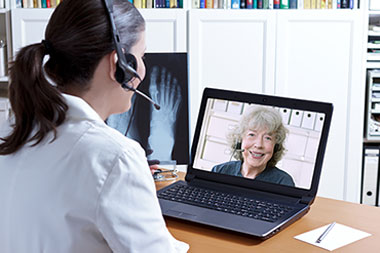One of the business arguments against telehealth is that no one has demonstrated it has strong revenue-building capabilities, to date. That’s still the case, but Intermountain Healthcare has quantified that cost savings can be realized with virtual medicine rooted in urgent care. As detailed in an article recently published on HealthLeaders, the average total cost of virtual care for a specified selection of presentations was $429, compared with $661 for on-site visits. (Compare both with …
Read More








